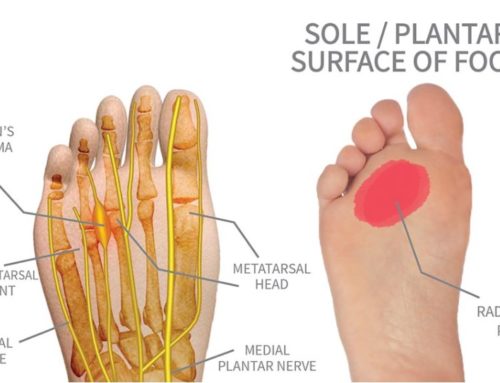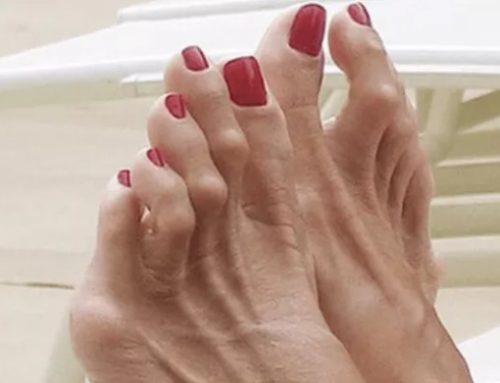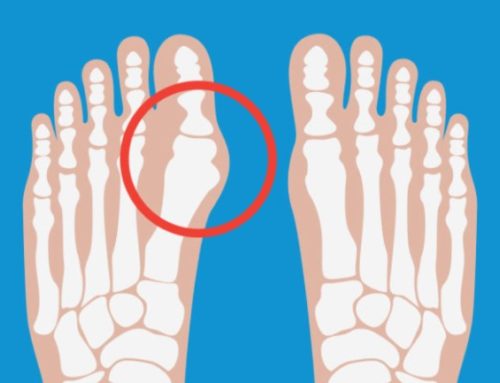
Bunion
By Dr. Ken Lefkowitz
So you’ve been diagnosed with one of the most common foot problems—a bunion. What’s the next step? Your podiatrist may have informed you that noninvasive treatment will be ineffective, and in this case he or she will probably recommend bunion surgery. Here’s what you need to know.
Bunion surgery is semi-invasive because the incision made in the big toe is very small. The goal of the procedure is to realign the bone and soft tissue, possibly necessitating the use of small wires, screws, or plates. Normally, only a regional anesthetic is used to numb the foot but it is possible that a you will be given a sedative as well. A successful surgery should relieve pain and make it easier to go about daily activities.
What sets bunion surgery apart from other podiatric procedures is that there are over 100 types within this category. Research does not specify a certain procedure as the “best”, and which one your podiatrist performs depends on your specific condition. It is even possible for multiple surgeries to be done at the same time. One of the most common bunion surgeries is referred to as a Silver bunionectomy, which entails the removal of a portion of the foot that is bulging out (the metatarsal head).
A person recovering from bunion surgery has to take certain precautions. First of all, when showering, the foot must be covered to keep the surgical site dry. Your podiatrist may give you special shoes, splints, or walking casts for the recovery period. Regular shoes can sometimes be worn after 4-5 weeks, but in certain cases it can be 3-4 months before the special footwear is no longer necessary. After some procedures, your podiatrist may tell you that you must keep all weight off the affected foot for up to 8 weeks. You can expect the sutures to be removed after 1-3 weeks, and any pins removed after 3-4 weeks.
If you have any questions relating to bunions, bunion surgery, or any other foot or ankle concerns, call Quality Foot Care at 215-230-9707. Make an appointment at our Doylestown office today to be on your way to better foot health.




Leave A Comment